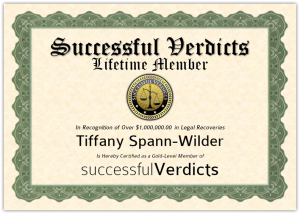HISTORY OF SC WORKERS’ COMPENSATION SYSTEM
 Workers’ compensation laws are designed to provide a satisfactory means of handling occupational disabilities. A 20th century development in North America, the laws have evolved as the economy became more industrial and less agricultural.
Workers’ compensation laws are designed to provide a satisfactory means of handling occupational disabilities. A 20th century development in North America, the laws have evolved as the economy became more industrial and less agricultural.
Before these laws were enacted, a well-established common-law principle held that a master or employer was responsible for the injury or death of employees resulting from a negligent act by the master or employer. Thus, disabled workers who sued employers for damages had to prove their injuries were due to employer negligence. This was often a very slow, costly, and uncertain legal process. As business enterprise and machine production expanded, the number of industrial accidents and personal injury suits increased. By the close of the 19th century, it became apparent that a new system – one that was legally-based, economically-sound, and socially-acceptable – had to be developed.
In 1911, the first workers’ compensation laws were enacted in the United States. Workers’ compensation laws held that employers should assume the costs of occupational disabilities without regard to any fault involved. The laws serve to relieve employers of liability from common-law suits involving negligence in exchange for becoming responsible for medical costs and lost wages of on-the-job injuries regardless of fault.
The South Carolina Industrial Commission was created on September 1, 1935 to administer and enforce South Carolina’s first workers’ compensation law. During the past seven decades, the law has been amended by statute, defined by case law, and altered through administrative policies and procedures; however, the premise and purpose of the law has remained unaltered. In May 1986, the name of the Industrial Commission was changed to the more descriptive South Carolina Workers’ Compensation Commission.
Historically, six basic objectives underlie the workers’ compensation laws:
1. Provide sure, prompt, and reasonable income and medical benefits to work-related accident victims, or income benefits to their dependents, regardless of fault;
2. Provide a single remedy and reduce court delays, costs, and judicial workloads arising out of personal injury litigation;
3. Relieve public and private charities of financial demands incident to uncompensated occupational accidents;
4. Minimize payment of fees to lawyers and witnesses as well as time consuming trials and court appeals;
5. Encourage maximum employer interest in safety and rehabilitation through an appropriate experience-rating mechanism; and
6. Promote frank study of the causes of accidents (rather than concealment of fault) in an effort to reduce preventable accidents and human suffering.
